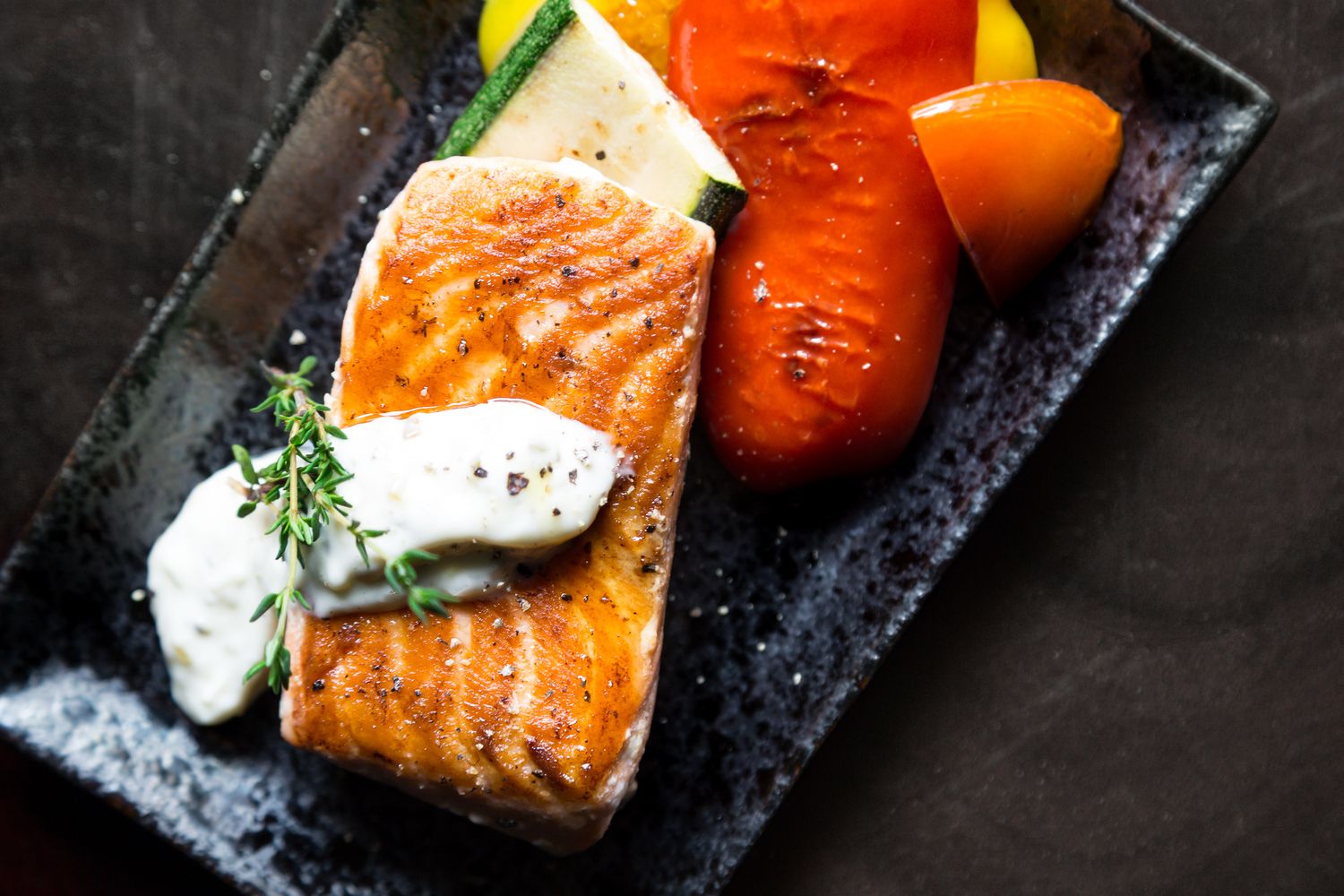For most of us, it can be difficult to adapt to changes in seasons, especially in winter.
But there is no stopping the cyclical changing of the seasons. Consciously adjusting to these changes, protecting our energy, and keeping our immunity strong can help us in our social lives. We can do this by being mindful of the environment that surrounds us. What can we do on a daily basis to adapt to change, protect our energy, and strengthen our immunity?
Step 1. Learn how to stay energetic!
While trying to meet the demands of both business and private life, our minds and bodies work overtime. How can we maintain our energy levels so that we can feel good

-Don’t be tempted to skip meals
When we skip meals, the amount of glucose in the blood that can be used for fuel decreases. Low blood sugar makes you feel restless, puzzled, and tired. The body begins to increase cortisol production and our stress levels increase. Therefore, it is important to eat at mealtimes.
-Have breakfast every day
The average amount of sleep is seven to eight hours, and our bodies continue to work and spend energy during that time. Between sleep and wakefulness, the body uses the nutrients that it has. If the fasting state lasts a long time, the brain may start to run out of energy. If that happens, problems such as fatigue and attention deficit may occur.
-Eat protein at every meal
Protein helps to strengthen muscles and maintain muscle mass. A balanced intake of essential protein in your daily diet will increase satiety and help you feel fuller for longer. Be sure to include proteins in every meal.
-Care about quality, not quantity
What matters more than the amount of food that we eat is the quality of nutrients that it contains. Foods that are rich in minerals and vitamins should be our first choice when it comes to meals and snacks.
-Prepare smart snacks
The best snacks should contain protein, whole grain, and vegetables or fruit. Some good choices are:
- Walnuts, dried cranberries, and pumpkin seeds
- String cheese and graham crackers
- Walnuts and apples
- Bananas, oats, and yogurt.

-Add key foods to your shopping list
Always add healthy food to your shopping list. When you keep these foods at home, it's easier to make good choices instead of binging on unhealthy snacks.
-Balance what you eat later if necessary
When we eat, we may not always want or be able to choose fully balanced, nutritional meals. In these cases, it is important to balance the food intake by spreading it throughout the day. If you ate croissants and coffee for breakfast, it would be good to choose half a plate of vegetables and a good quality protein for lunch. Chicken breast with a side salad would be a good example.
-Drink more water
We all know the benefits of staying hydrated on a daily basis. Water helps to remove toxins that accumulate in the body, making your body healthier and more dynamic. Be sure to pay attention to your body’s needs and drink enough water every day.
Step 2. Strengthen your immunity!
Things such as sudden and harsh changes in the seasons, excessive stress, disturbed sleep, and air pollution can cause a weakening of our immune systems. There are several things you can do to support that system, especially as you transition into fall and winter.
-Choose foods rich in nutrients

- Selenium fights harmful microorganisms and protects your cells.
All seafood, whole grains, and chicken meat are the best sources of selenium.
- Vitamin C is a good antioxidant.
Tomatoes, red peppers, citrus fruits, and kiwi are the strongest sources of vitamin C.
- Zinc plays an important role in protecting the body from damage. It also speeds up the metabolism and contributes to being energetic and positive.
Legumes, turkey meat, and seafood are good sources of zinc.

- Omega-3s have regulatory and supportive properties for immunity.
Walnuts, flaxseed, and avocados are the best sources of omega-3.
Autumn is the period when fish are abundant. As with any food, it is always best to try to consume it while it is in season.
-Take care of your gut/microbiota
The intestines act as a protective barrier in the body that prevents the invasion of harmful microorganisms. It regulates the functions of the immune system with its good microbiota. Taking advantage of probiotics and fiber will help protect your gut flora.
These foods help support healthy intestinal microbiota:
- Kefir
- Unsweetened yogurt
- Pickles
- Bananas
- Miso
Step 3. Focus on yourself!
Modern life is so busy that it’s difficult to stop and smell the roses. Taking time to slow down and listen to your body’s needs can help you manage seasonal transitions.

-Take a walk
Walking even half an hour a day is good for our immune system. The hormone serotonin is secreted after exercise and can help to boost your mood.
-Focus on the instant benefits
Focus on what you have. Listen to the sounds of the birds. Watch the colors in the sky early in the morning. Stop, listen and feel. Stay in the moment. Being present will make you realize that energy is inside you and help you be aware of the changes you are experiencing due to the changes of the seasons.
-Pause
Take a time-out. Make a cup of tea, sit back and relax. Resting will make you feel strong and refreshed. The brain can turn things into a habit. Changing up your routine can have positive benefits for your body and your mind.
-Cherish yourself
Write a love note to yourself. Find 'awe' moments. Use the power of nature. Make time to relax... Get plenty of sleep and rest. Your body will thank you!.
We wish you a month of feeling fit and healthy.
Vivoo Nutrition Team














